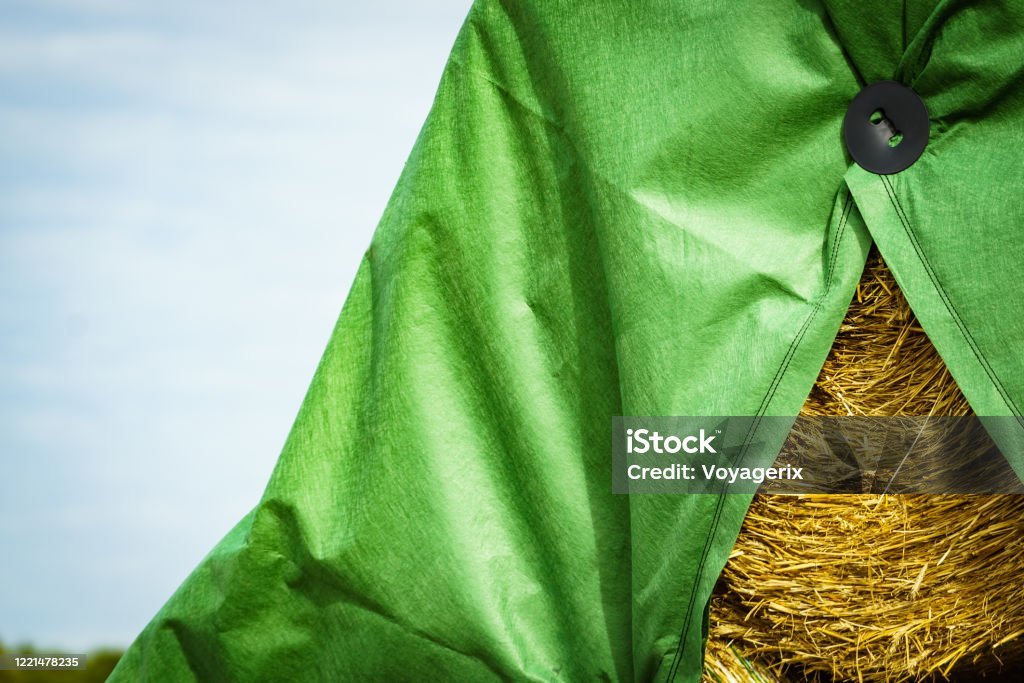Modern agriculture depends on innovative materials that can adapt to changing weather, protect valuable assets, and ensure year-round productivity. Among these, agricultural tarpaulins have become essential for farmers seeking cost-effective and durable protection solutions. Whether used to create an agricultural shelter or to cover crops and machinery, high-quality PVC tarpaulin materials are redefining the standards of protection and efficiency in the agricultural sector.
Enhancing Farm Productivity with Agricultural Tarpaulins
Agriculture is constantly exposed to unpredictable natural elements—rain, sunlight, wind, and dust. To maintain optimal conditions for crops and livestock, agricultural tarpaulins provide a practical and versatile layer of defense. These durable covers help prevent crop damage, protect animal feed from moisture, and ensure that expensive farming machinery stays rust-free.
In particular, large-scale farms benefit greatly from using tarpaulins as temporary roofs, greenhouse linings, and field covers. The material’s flexibility allows farmers to customize its use according to specific needs, ensuring protection that adapts to every season and production cycle.
Building Durable Agricultural Shelters
A dependable agricultural shelter is vital to maintaining healthy livestock and consistent production. Tarpaulin-based shelters are ideal for farmers looking for portable and affordable structures that resist environmental stress. They can be quickly assembled to provide shade during hot months or act as windbreaks and rain covers during harsh weather conditions.
PVC-coated tarpaulins are the preferred choice for agricultural shelters because of their superior durability and weather resistance. They not only block harmful UV rays but also maintain consistent internal temperatures, reducing heat stress on animals. Furthermore, their waterproof properties prevent moisture accumulation, keeping the shelter clean and hygienic.
Advantages of Using PVC Tarpaulin
When selecting materials for agricultural use, PVC tarpaulin stands out for its exceptional performance and reliability. Made by coating high-tensile polyester fabric with polyvinyl chloride, this tarpaulin offers multiple advantages:
- Waterproof and weather-resistant: PVC tarpaulins effectively shield crops, equipment, and livestock from rain and UV rays.
- Tear and abrasion resistance: The reinforced structure can withstand strong winds and mechanical stress.
- Easy maintenance: The smooth PVC surface repels dust and dirt, making cleaning effortless.
- Longevity: PVC tarpaulins last longer than traditional polyethylene or canvas covers, reducing replacement costs.
Because of these qualities, farmers around the world choose PVC tarpaulins as a long-term investment in protecting their agricultural operations.
Applications of Agricultural Tarpaulins in Farming
The versatility of agricultural tarpaulins extends across multiple farm applications:
- Crop protection: Tarpaulins act as reliable shields for stored grain, fruits, and vegetables.
- Hay and silage covers: They prevent spoilage and maintain the nutritional value of animal feed.
- Machinery protection: Covering tractors, harvesters, and other equipment prevents rust and corrosion.
- Greenhouse lining: PVC tarpaulins regulate temperature and humidity, enhancing plant growth.
- Temporary field storage: Farmers can create on-site shelters to store fertilizers, seeds, or harvested produce.
Each of these uses helps minimize losses, extend product lifespan, and streamline agricultural operations.
Selecting the Right Tarpaulin for Your Farm
Choosing the right PVC tarpaulin or agricultural shelter depends on usage, environmental conditions, and desired longevity. Heavier tarpaulins (650–900 gsm) are suitable for permanent structures, while lighter versions (400–500 gsm) are perfect for temporary or portable applications.
Color selection also plays a role: white or light-colored tarps reflect heat, keeping the interior cooler, whereas dark-colored ones are better for UV resistance and privacy. For added security, farmers should select tarpaulins with reinforced edges, welded seams, and anti-corrosion eyelets to ensure strong anchoring and long-term performance.
Environmental and Economic Benefits
The use of agricultural tarpaulins not only enhances efficiency but also supports sustainability. High-quality PVC tarpaulins are reusable for several years, significantly reducing waste. They can be repurposed for multiple farming tasks, minimizing the need for disposable plastic sheets. This approach not only saves money but also aligns with environmentally conscious farming practices.
By reducing damage to crops, feed, and machinery, these tarpaulins help farmers avoid unnecessary losses and improve their overall return on investment. In an era where sustainability and cost management are critical, such advantages are indispensable.
Conclusion
The combination of agricultural tarpaulins, agricultural shelters, and PVC tarpaulins represents a smart solution for modern farms aiming to enhance resilience and productivity. These durable, versatile materials offer year-round protection against unpredictable weather, ensuring that crops, livestock, and equipment remain safe.
As agriculture evolves toward greater efficiency and sustainability, the role of PVC tarpaulins will continue to grow—offering farmers a reliable and eco-friendly way to secure their livelihood while maximizing performance across all farming operations.


 Instant
Quote
Instant
Quote Email
Us
Email
Us